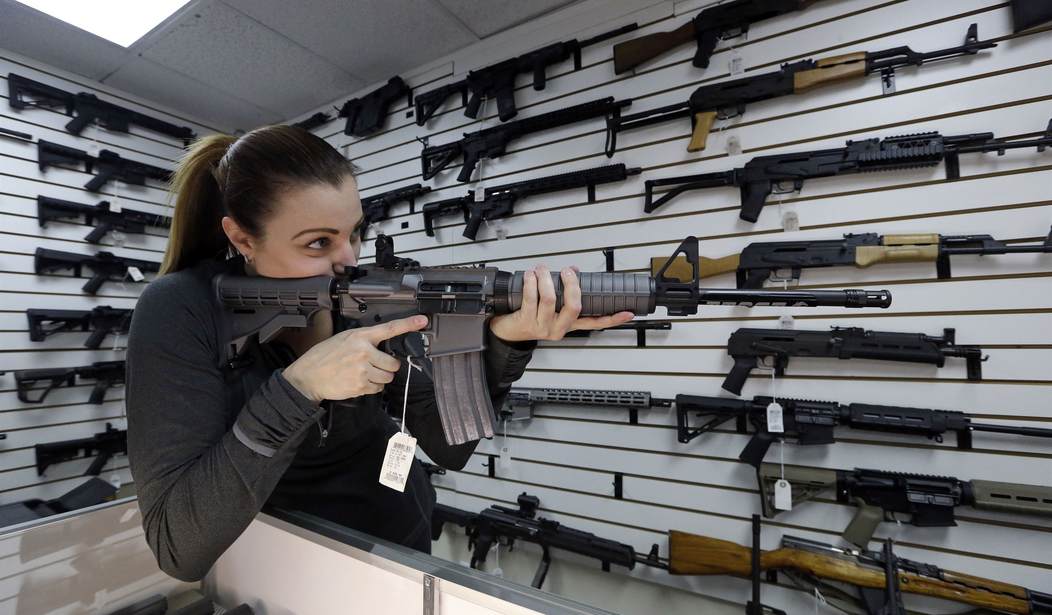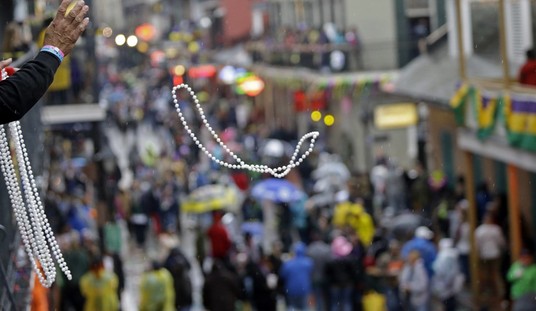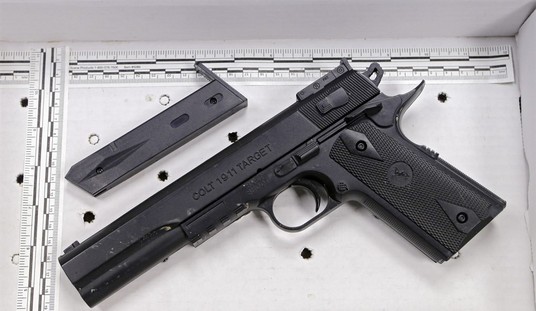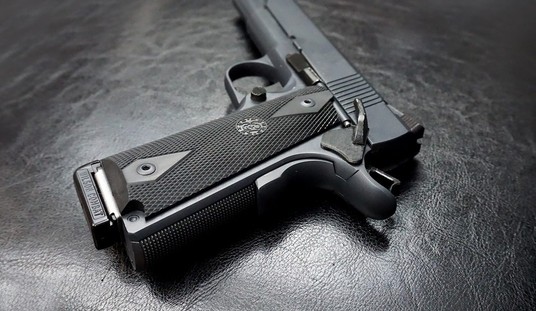Today’s Supreme Court arguments focused on the federal prohibition on firearms possession for those subject to a domestic violence restraining order, and in the months ahead the Court will hear cases involving the ATF’s administratively imposed ban on bump stocks as well as a First Amendment case brought by the National Rifle Association against a New York official that the group contends illegally pressured private companies not to work with the organization.
Clearly, the Court isn’t shying away from Second Amendment (or 2A-adjacent) cases, but the justices have also turned away a number of emergency appeals seeking relief from newly enacted gun control laws in states like New York and Illinois. Now 2A activists in the Land of Lincoln are ready to try their luck at the Supreme Court once again, this time after the Seventh Circuit Court of Appeals recently overturned an injunction and allowed the state’s ban on so-called assault weapons and “large capacity” magazines to be enforced.
In their decision, the three-judge panel concluded that AR-15s and other arms labeled “assault weapons” by Illinois lawmakers aren’t protected by the Second Amendment at all because semi-automatic rifles are “like” machine guns, which the Court declared are not protected weapons in the Heller decision (the actual phrasing was “weapons that are most useful in military service—M-16 rifles and the like”). But the Supreme Court has also said that arms that are in common use for lawful purposes are protected by the Second Amendment; a description that would certainly apply to the more than 20-million modern sporting rifles in the hands of legal gun owners, since the Court has already said that arms like stun guns, which are far less common, are covered by the Second Amendment’s language.
Though the Court has previously declined to intervene in the half-dozen cases that have been filed in opposition to the Illinois gun and magazine ban, the Illinois State Rifle Association and the National Association for Gun Rights say they’ll try once more to get SCOTUS to step in now that the Seventh Circuit has formally overturned U.S. District Judge Stephen McGlynn’s injunction.
In a statement Saturday, the Illinois State Rifle Association said it was not surprised by the 7th Circuit panel’s 2-1 decision, which said plaintiffs in the consolidated cases had not met their burden to show they were likely to win in a constitutional challenge to the law.
“It has always been and is our intent to take our case to the U.S. Supreme Court where we believe we can get a favorable ruling for law-abiding gun owners in Illinois,” the organization said. “We will continue to stand up for the Second amendment and Illinois law-abiding gun owners and against our anti-gun Governor Pritzker and General Assembly.”
In addition, the National Foundation for Gun Rights – which provided attorneys involved in the consolidated case – said it will appeal as well.
“Semi-auto bans like Illinois’ strike right at the heart of the Second Amendment and are completely inconsistent with multiple Supreme Court precedents,” the organization said in a statement. “We will keep fighting and are preparing to appeal this outrageous ruling.”
I wish ISRA and NAGR the best of luck, and I certainly hope they convince a majority of the justices that the time is now ripe to step in and grant gun owners some relief while the lawsuit proceeds to trial. I’m just not all that optimistic that the Court is any more willing to intervene now than it was when it turned away an emergency appeal in May of this year, when the Seventh Circuit first denied injunctive relief to the plaintiffs.
Robert Bevis, the owner of a gun store in Naperville, and a gun-rights group went to federal court in Illinois to challenge the laws, arguing that they violated the Second Amendment. In February, U.S. District Judge Virginia Kendall, a George W. Bush appointee, upheld the restrictions, explaining that assault-style rifles and high-capacity magazines are the kind of “particularly dangerous” weapons and accessories that the government has historically regulated.
After the U.S. Court of Appeals for the 7th Circuit turned down the challengers’ request to block the law while their appeal continued, the challengers came to the Supreme Court, asking the justices to step in. They described the case as an “exceedingly simple” one. There “cannot be the slightest question” that the Illinois and Naperville laws are unconstitutional, they wrote, because the rifles and magazines banned by the law “are possessed by millions of law-abiding citizens for lawful purposes, including self-defense in the home.” Neither Illinois nor Naperville has pointed to any historical tradition, they said, of an outright ban on an entire category of commonly used weapons.
The challengers pushed back against Kendall’s suggestion that the laws in this case pass constitutional muster because they are “particularly dangerous.” Weapons, the challengers contended, can be banned only if they are both dangerous and unusual – but, they say, assault-style rifles, as the second-most popular gun in the country, cannot be “unusual.”
To be fair, something has changed between now and then. Back in May, gun owners were asking the Court to basically overrule both the trial court judge and the Seventh Circuit panel that had denied an injunction. In this case, Judge McGlynn granted an injunction (though he stayed his decision to allow the state to appeal) and the Seventh Circuit reversed him. Is that enough of a distinction to persuade five members of the Court to intercede on behalf of gun owners?
Again, I’d love to see it and I hope I’m wrong, but I tend to doubt it. Much to the aggravation of Second Amendment supporters across the country, a majority of the Court seems content to let these cases fully play out in the lower courts, even if the decisions are in direct contradiction to Heller or Bruen‘s holdings. My guess is that there are three or four justices (Thomas, Alito, Gorsuch, and possibly Kavanaugh or Barrett, depending on which case we’re talking about) who’d take up an emergency appeal, but they’re still lacking that critical fifth vote.
I don’t believe that the reluctance to intervene on an emergency basis means that the Court will eventually uphold Illinois’ gun ban. I think the issue has more to do with the use and overuse of the so-called shadow docket, which Chief Justice John Roberts has criticized in the recent past, When an “assault weapons” case finally reaches the Court in the regular course of business I believe the votes are there to overturn any ban, but that doesn’t make the Court’s current inaction any less frustrating (or more understandable), especially for those forced to live under these unconstitutional infringements in the meantime.









Join the conversation as a VIP Member